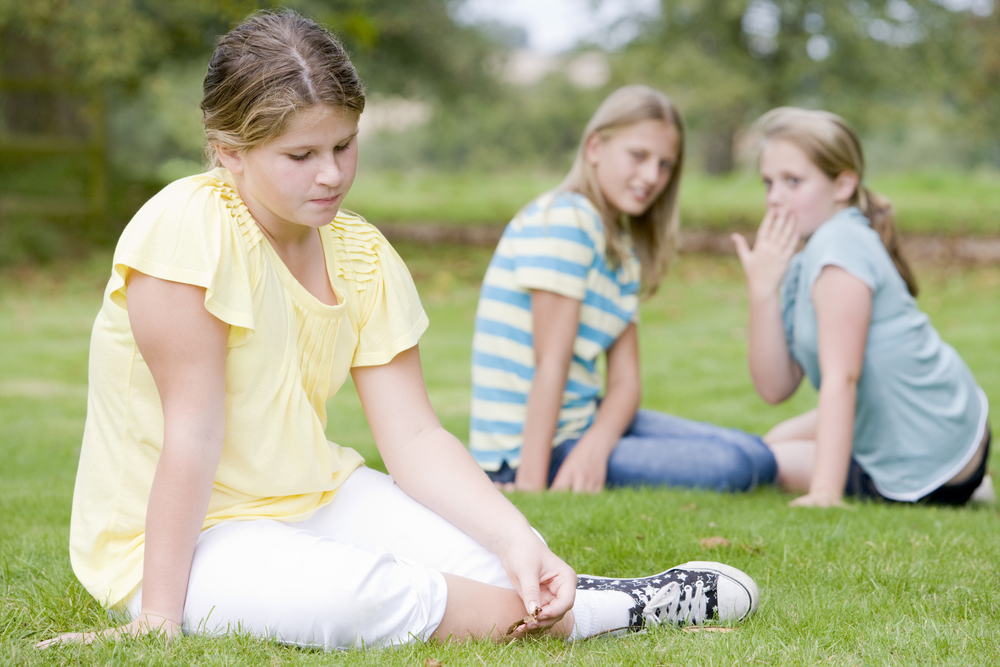B is for Bullying: What Can Phoebe Prince’s Shocking Death Teach Us?
CBS News – Jennifer Ashton – 1 hour ago
Teen Charged in Phoebe Prince Bullying Case is Arrested Again abc40
Phoebe Prince was bullied in Ireland too Irish Central
_______________________________________________________________________
Teen Bullying Can Be Red Flag for Depression
ABC News – Beth J. Harpaz – Apr 19, 2010
In wake of Phoebe Prince case in Massachusetts, families across US fear …
New York Daily News – Gina Salamone, Nicole Lyn Pesce – Mar 31, 2010
Anti-bullying legislation stalls in NY
Elmira Star-Gazette – Julia Hunter – Apr 18, 2010
Obese Kids More Likely To Be Bullied
Obese children in grades 3 through 6 are more likely to be bullied than children of a normal weight, according to a new study.
 The suicide of 15-year-old Phoebe Prince earlier this year has helped raise awareness among parents and teachers of the psychological impact of bullying on teens. Now, a new study that examines bullying at a younger age identifies overweight children as the primary target.
The suicide of 15-year-old Phoebe Prince earlier this year has helped raise awareness among parents and teachers of the psychological impact of bullying on teens. Now, a new study that examines bullying at a younger age identifies overweight children as the primary target.
Researchers at the University of Michigan surveyed 821 children ages 8 to 11. In the third grade, 15 percent of the children were overweight and 17 percent were considered obese. A quarter of the 821 students admitted to being bullied; however, 45 percent of their mothers reported that their child had been bullied for his or her weight. The study included responses from children, parents and teachers.











May 18th, 2010 on 2:27 am
Hello, This is a superb write-up, and I will agree with what was penned here. I will be back to check out the comments soon. Thanks
November 25th, 2011 on 11:45 pm
Thank you for your support and we look forward to reading your comments
February 22nd, 2011 on 4:56 pm
Bullying has to stop !! Seriesly !! Some kids are killing themself only because this crab !! STOP it ppl !! I luv JB !!
November 25th, 2011 on 11:47 pm
We agree Samantha and we share your rage when it comes to bullying of any type.